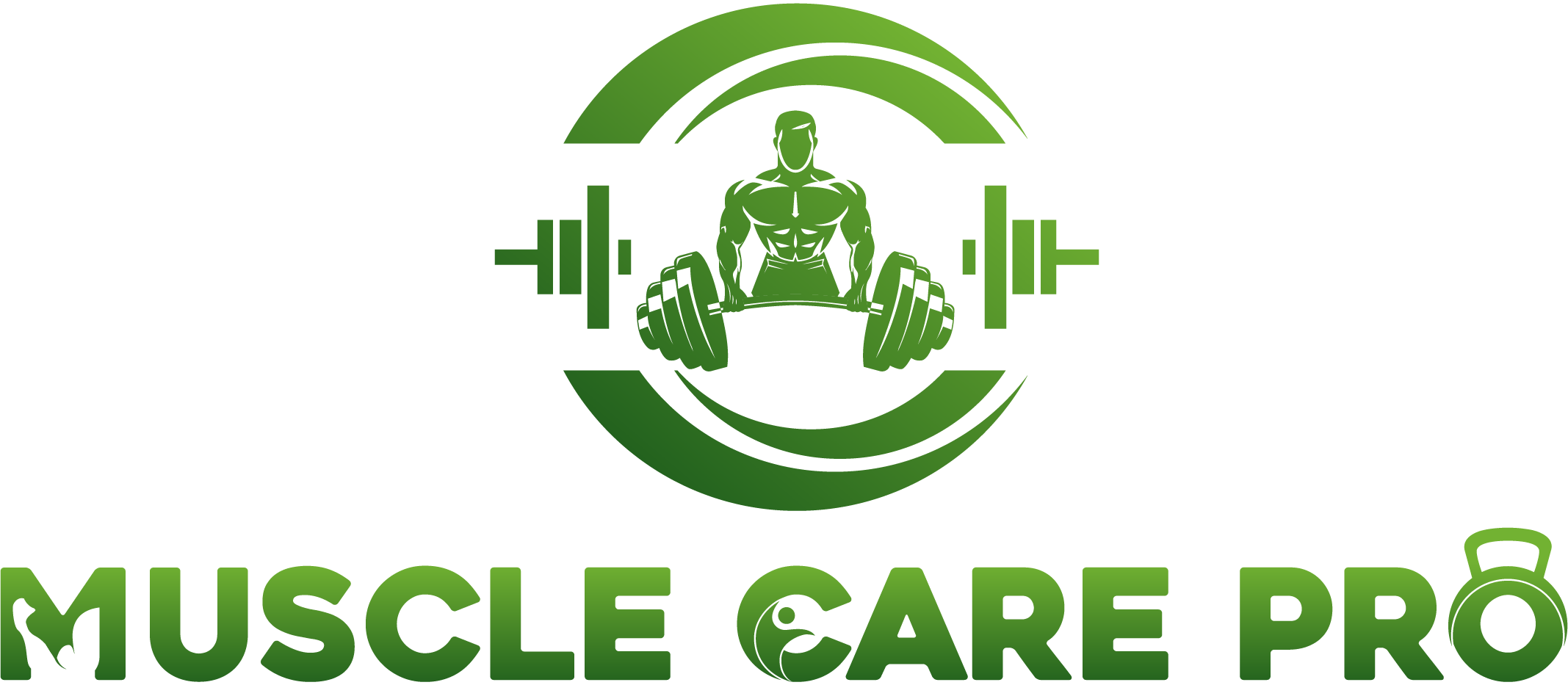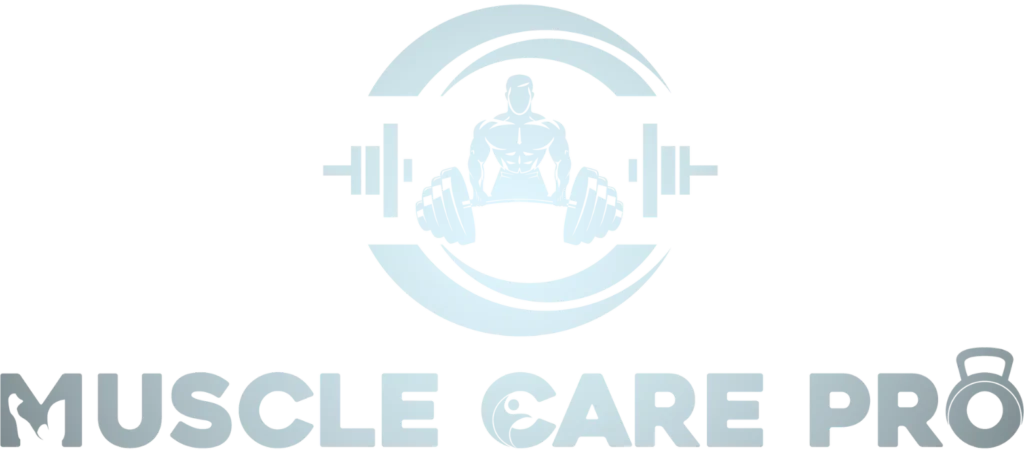When I first started using creatine, I was skeptical. Like many, I’d heard about its benefits in boosting strength and endurance, but I wondered, “How will I know if it’s really working?” That’s a common concern for many who try creatine for the first time. So, in this article, I’m going to break down some signs to look out for, using my own experience as a guide.
-
Increased Energy During Workouts
One of the first things I noticed when I began using creatine was a slight yet noticeable increase in energy. Workouts that usually drained me seemed a bit more manageable. I wasn’t flying through my sets like Superman, but I did feel less fatigued, especially during the last few repetitions.
This boost is due to how creatine helps the muscles produce more ATP (adenosine triphosphate) – the primary energy carrier in your cells. When your muscles have more ATP available, you can push yourself harder for a longer duration.
Tip: Keep a workout log. Track how you feel at different stages of your training, especially after 1-2 weeks of using creatine. It can be as simple as rating your energy level from 1 to 10. This small habit can help you objectively see if your endurance and energy levels are improving. -
Increase in Strength and Power
About three weeks into taking creatine, I noticed that my weights were gradually going up. Exercises like the bench press and deadlift, where I’d been plateaued for a while, started feeling slightly easier. This isn’t uncommon – research shows that creatine can increase muscle strength by up to 10%.
If you’re seeing small yet steady strength gains over several weeks, that’s a strong indicator that creatine is doing its job. This strength increase might not happen overnight, but if you’re consistent with your workouts and supplementation, it’s a reliable sign.
Tip: Record your weights and repetitions for each exercise. Even a small increase, like being able to lift 5 pounds more or do one extra rep, can indicate that creatine is having a positive effect on your performance. -
Weight Gain (But in a Good Way)
After a month of using creatine, I noticed my weight on the scale creeping up. At first, I was a bit concerned. Was I gaining fat? After doing some research and consulting a trainer, I realized that creatine causes an increase in water retention in the muscles. This is completely normal and even desirable because it means the muscles are holding more water, which aids in protein synthesis and growth.
If you see a weight increase of 1-3 pounds within the first few weeks, it’s likely not fat, but water weight. This retention makes your muscles appear fuller and gives you a more solid look. So, don’t panic if the scale shows a slight bump – it’s probably a sign that creatine is working!
Tip: Measure other indicators like body measurements or muscle definition in addition to just weight. This will give you a fuller picture of your progress rather than relying solely on the scale. -
Faster Recovery
One aspect that really stood out to me after about a month of using creatine was how quickly I bounced back from tough workouts. Before taking creatine, I’d often be sore for a couple of days after a heavy leg day. But after supplementing with it consistently, I noticed that my recovery time shortened significantly. I could train with the same intensity, if not more, without feeling as sore or fatigued.
This faster recovery is because creatine helps reduce muscle cell damage and inflammation, making it easier for your muscles to repair and grow.
Tip: Take note of how long you’re sore after intense workouts before and after starting creatine. If your recovery time shortens, it’s a good sign that the supplement is working for you. -
Improved Performance in High-Intensity Activities
Creatine is not just for weightlifters. It can benefit anyone who engages in high-intensity sports or activities. For me, I noticed that during short sprints or even intense cycling sessions, I felt less exhausted. If you’re doing activities like sprinting, CrossFit, or sports that require explosive bursts of energy, creatine can be a game-changer.
Tip: If you’re an athlete or engage in sports, track your performance metrics. It could be the time it takes you to complete a lap or how quickly you recover between intense intervals. Improvements in these areas are good indicators that creatine is enhancing your performance.
Final Thoughts: Patience is Key
One thing I learned throughout this process is that patience is crucial. Creatine is not a magic supplement that will transform you overnight. It takes time – typically a few weeks – for the benefits to fully manifest. For me, it took about a month before I started seeing consistent changes.
If you’re wondering if creatine is working for you, track your progress in different areas like strength, endurance, weight, and recovery. Be consistent with your supplementation and training, and give it at least a month before assessing the results.











